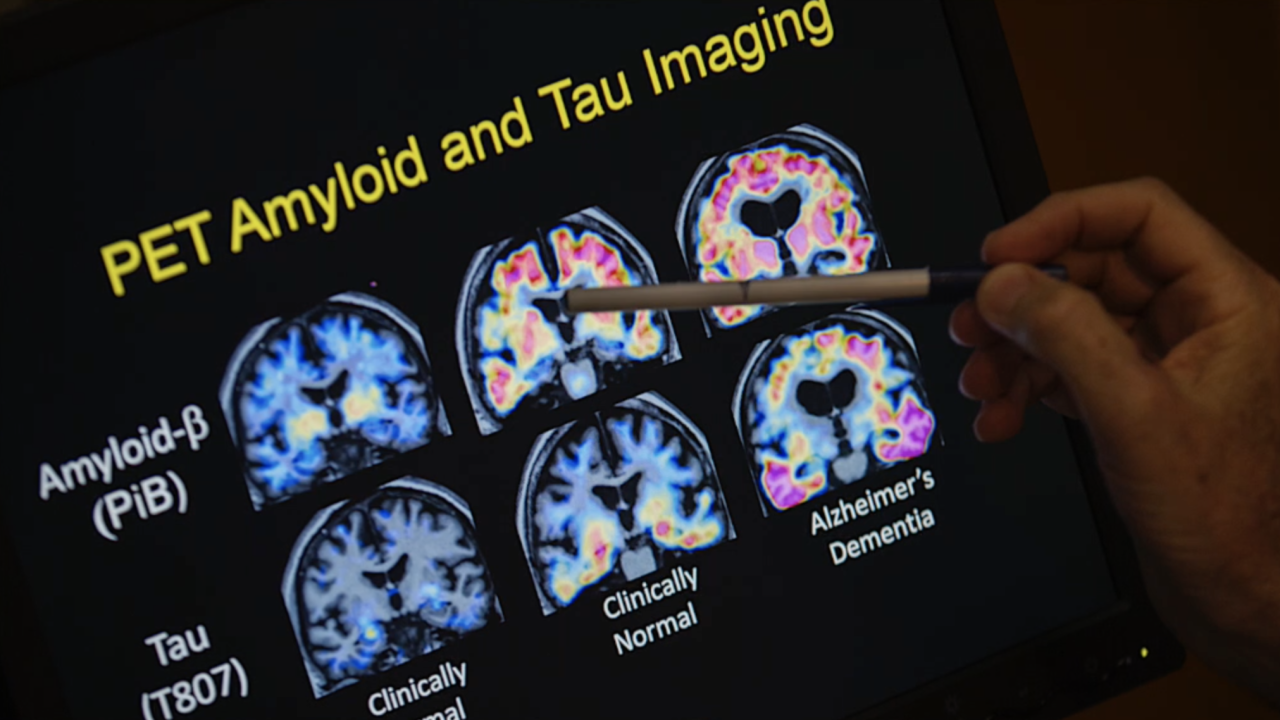A report by the Alzheimer’s Association reveals that Black and Hispanic adults over 65 are more at risk of developing Alzheimer’s and related diseases compared to older white adults. The “2022 Alzheimer’s Disease Facts and Figures” report estimates that 19% of older Black adults live with some form of Alzheimer’s, which contrasts with 14% of older Hispanics and 10% of older whites.
The report states that “race does not have a genetic basis, and genetic factors do not account for the large difference in prevalence and incidents among racial groups. Instead, research suggests, the difference in risk for Alzheimer’s and other dementias is explained by disparities produced by the historic and continued marginalization of Black and Hispanic people in the United States.”
Researchers cite increased risk from other health conditions such as cardiovascular disease and diabetes as a contributing factor to the higher Alzheimer’s risk.
Terry Spitz, Executive Director of the Desert Southwest Chapter of the Alzheimer’s Association told ABC15 that lack of participation in research studies from these harder hit populations is also a problem, but one that the association is working to address.
“This is an actual pillar that the entire Alzheimer's Association and all of our chapters have made a very big priority to reaching out to diverse communities not only in the education space but offering support groups and resources that they need,” Spitz said. “But it's also important to get involved in research and clinical trials.”
Statistics specific to Arizona were also included in the report.
The number of Arizonans that develop Alzheimer’s or a related illness is expected to increase from an estimated 150,000 today to 200,000 by 2028. This is a 33.3% increase, which ranks first in the country.
An increased number of older adults with Alzheimer’s means an increased demand for a professional workforce. Currently, the association says that there are 92 geriatricians in Arizona. This would need to triple by 2050 to meet the increased demand.
Arizona also ranks first in the average number of caregiver hours. 257,000 caregivers in the state are estimated to give 501 million hours of unpaid care, for a total unpaid value of just under $9.6 billion. Many of these caregivers are suffering themselves. 53.5% have chronic health conditions and 15.4% live with depression.





